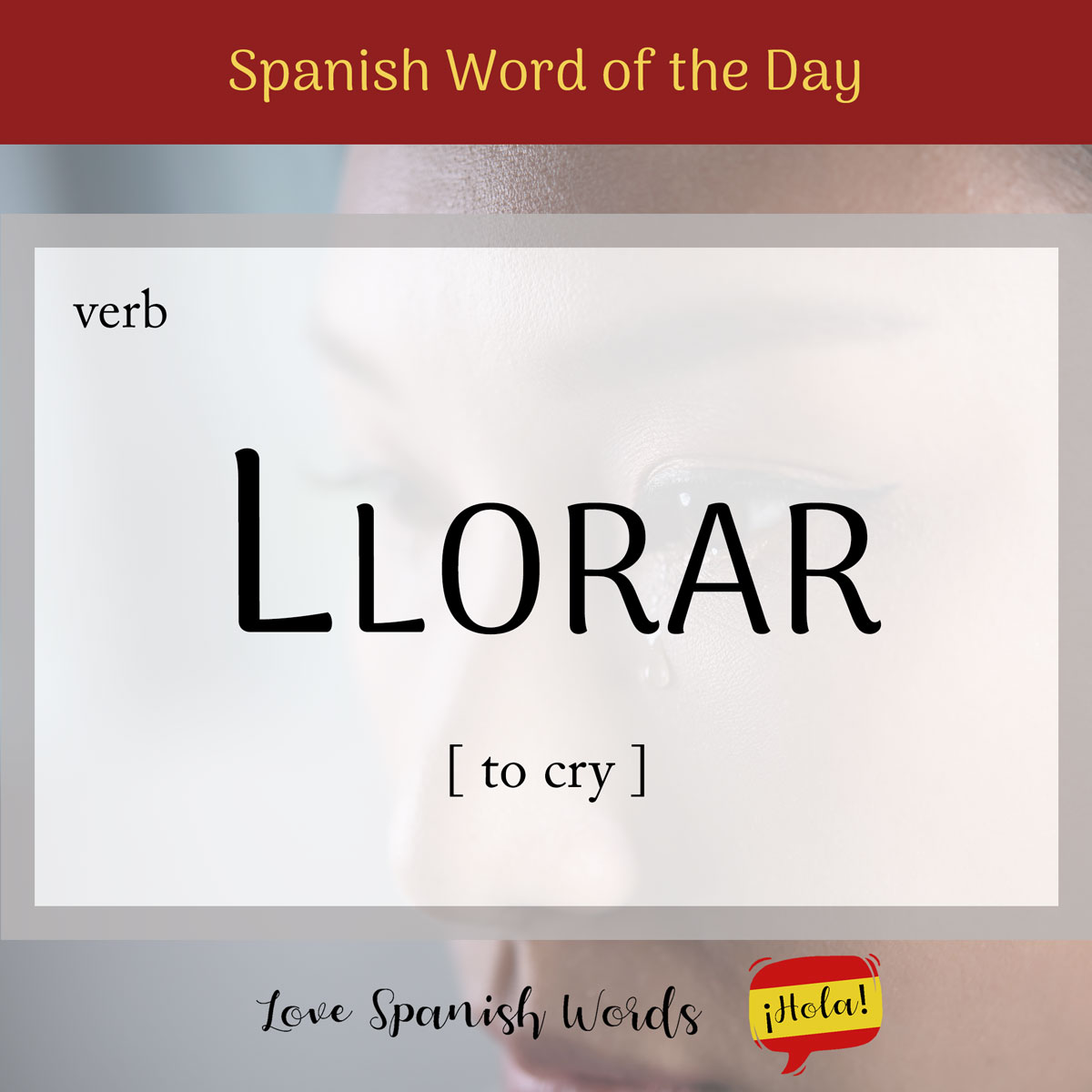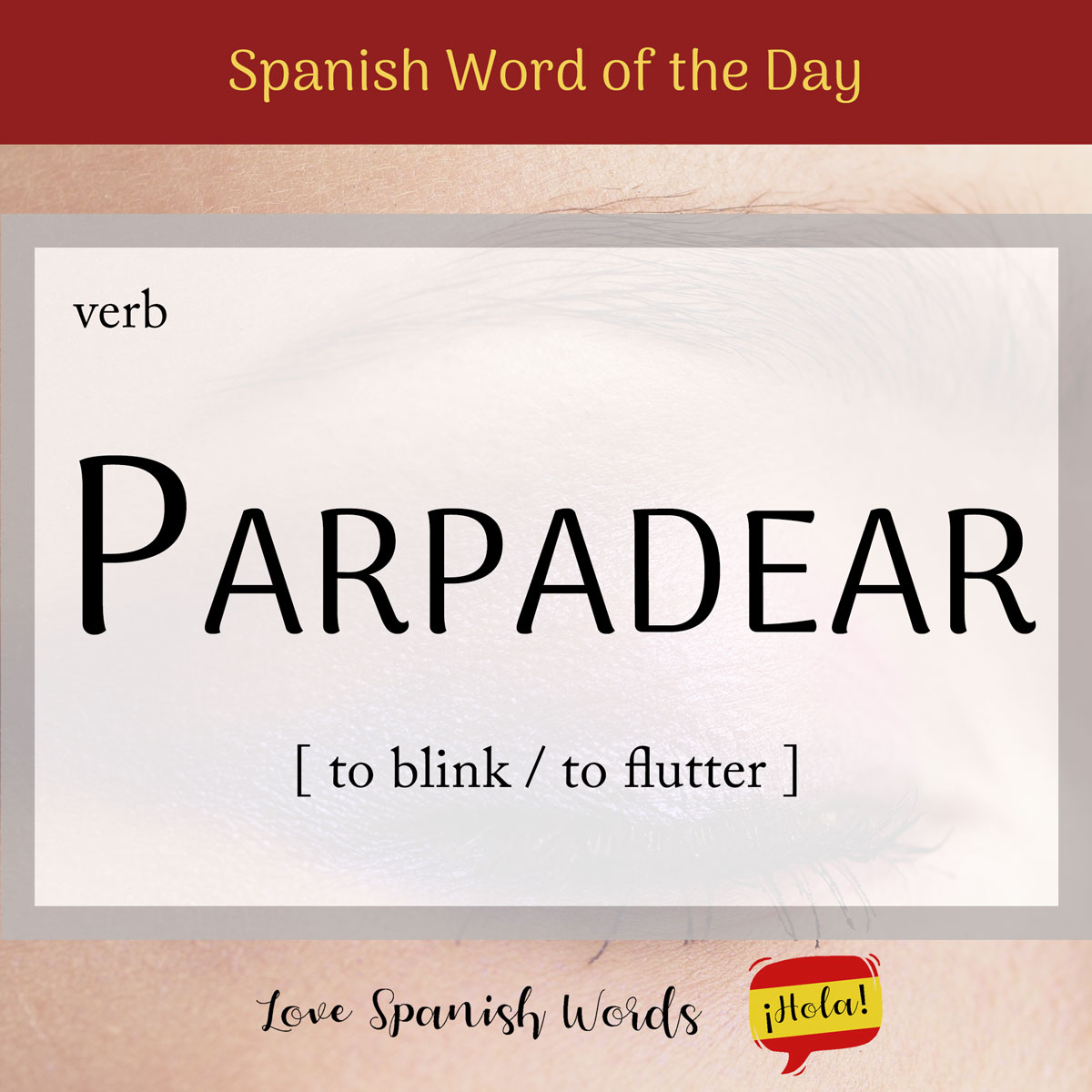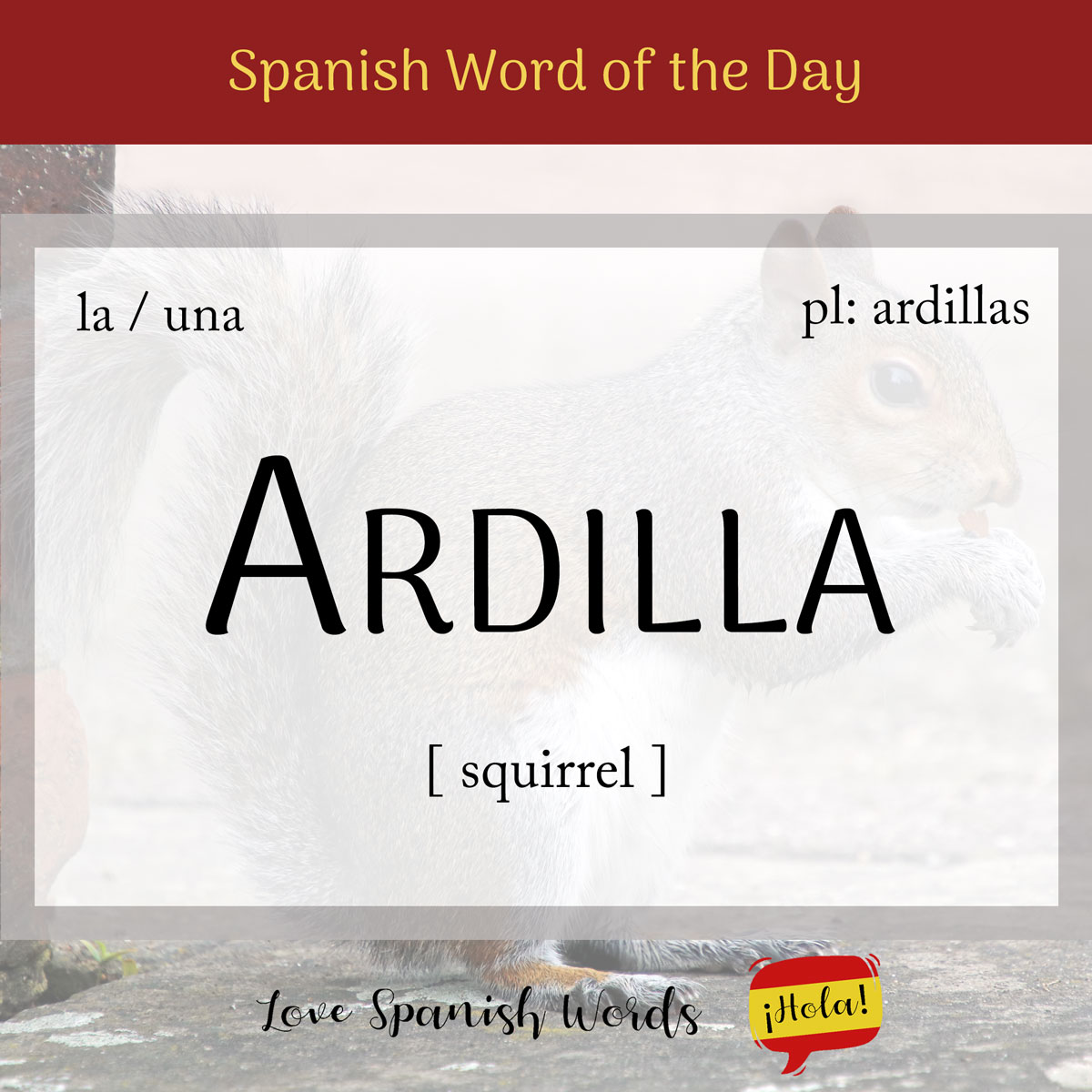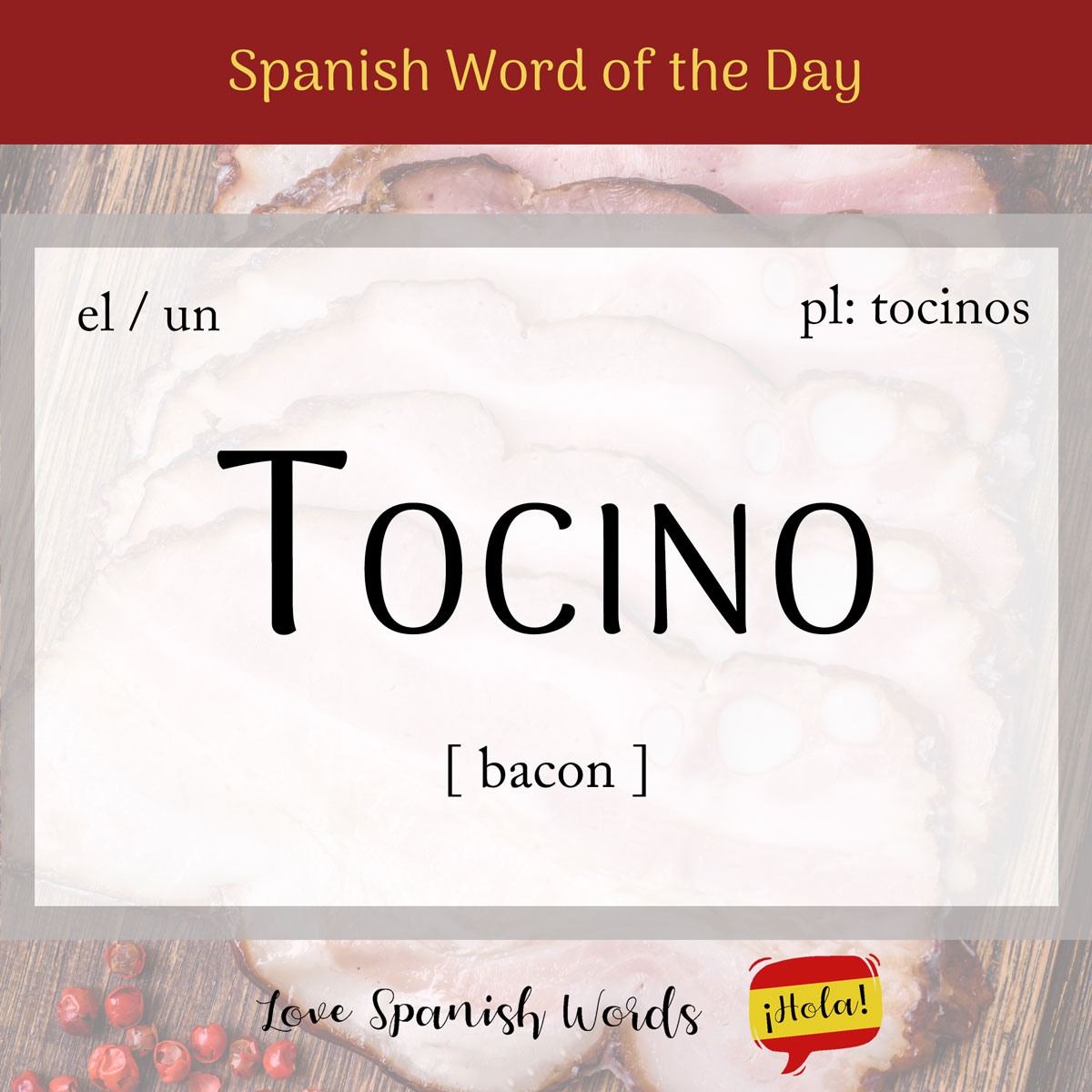Spanish Word of the Day: Préstamo (loan)
Lately, I’ve been considering taking out a loan to finance my new business venture. In Spanish, when we talk about a loan in this context, we use the word préstamo, which originates from the Latin word praestare, meaning to provide or to lend, a term commonly used in financial, academic, and everyday settings. Latin American …






